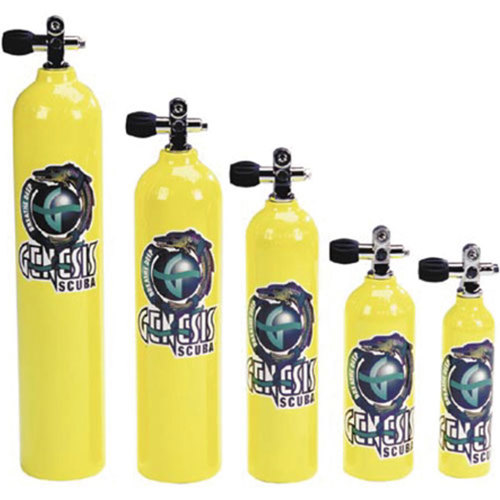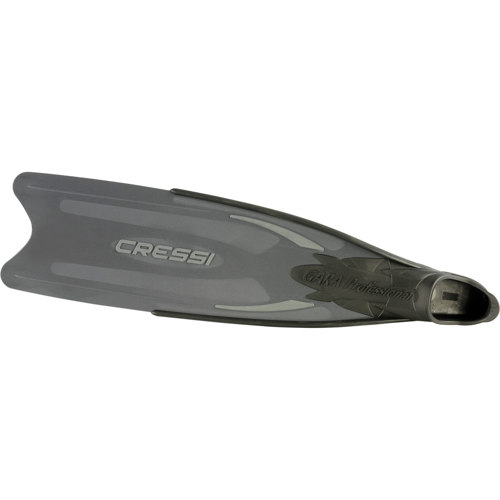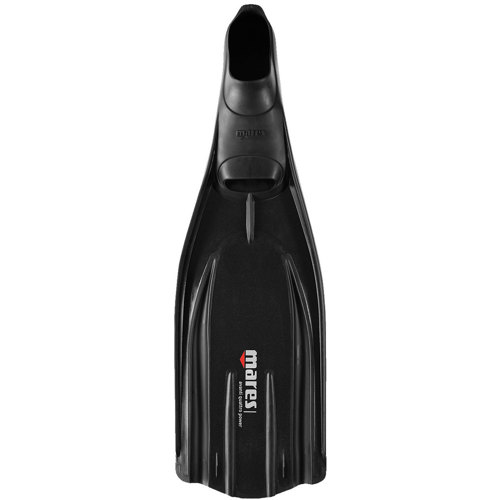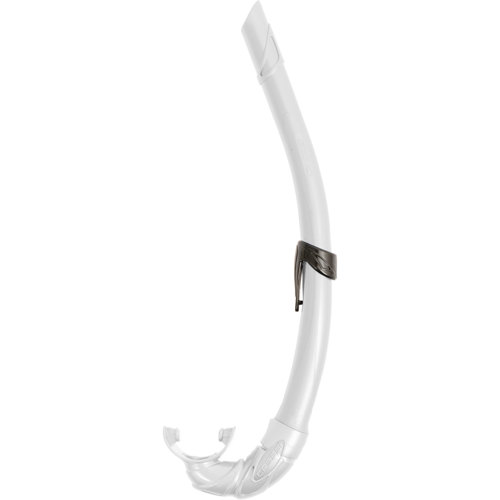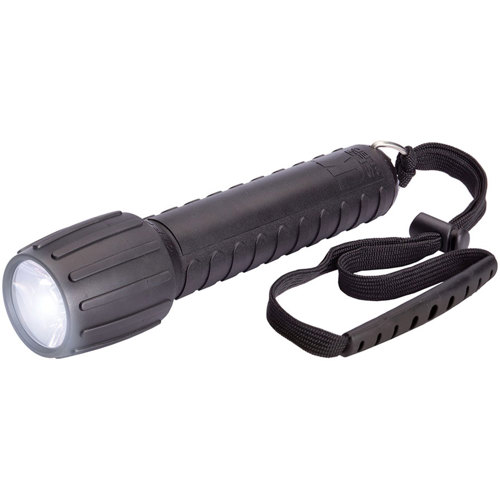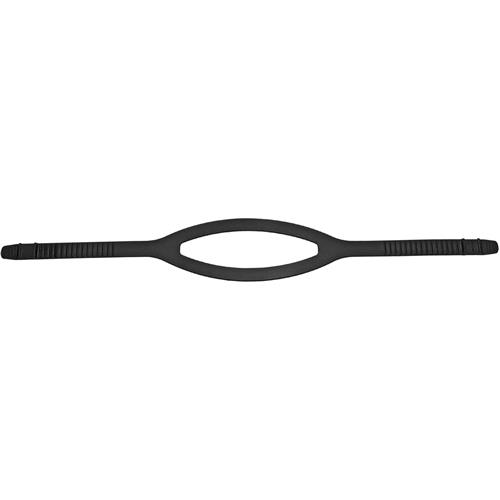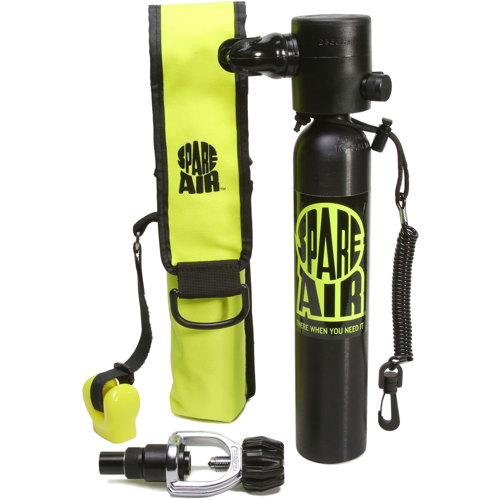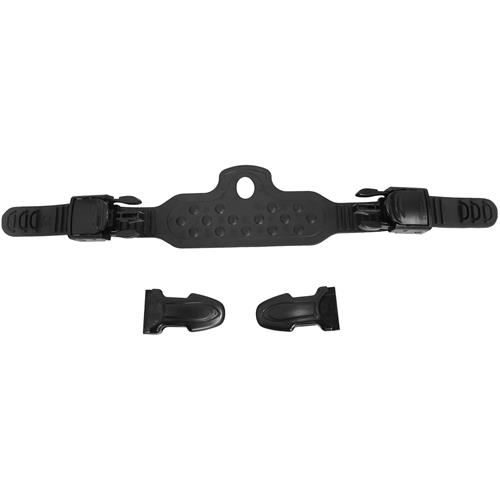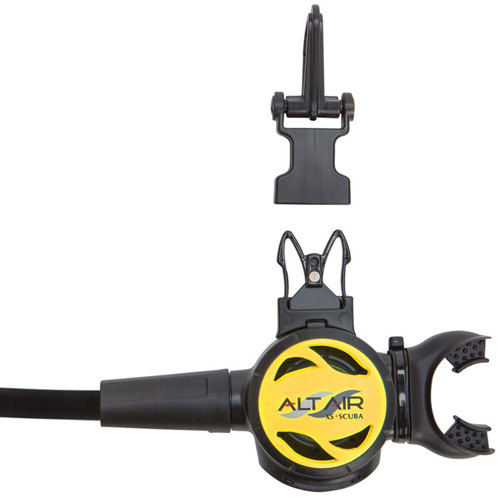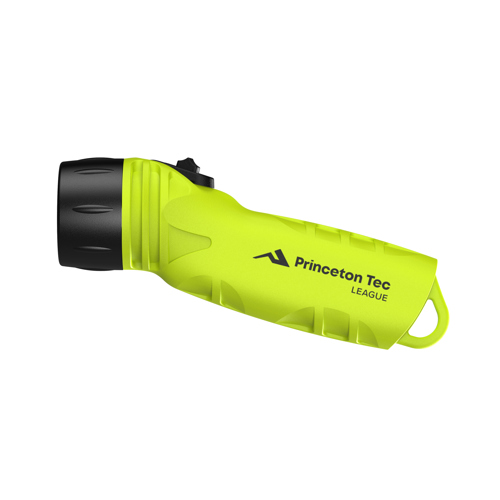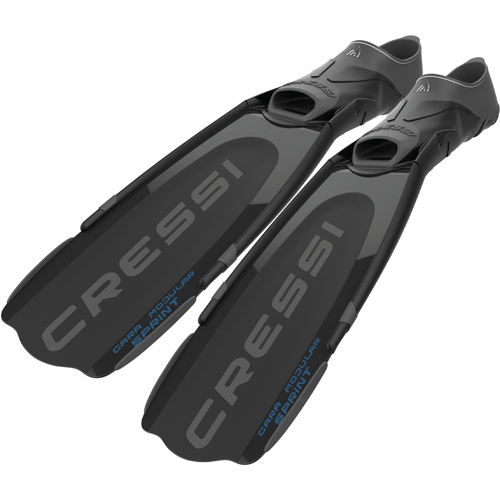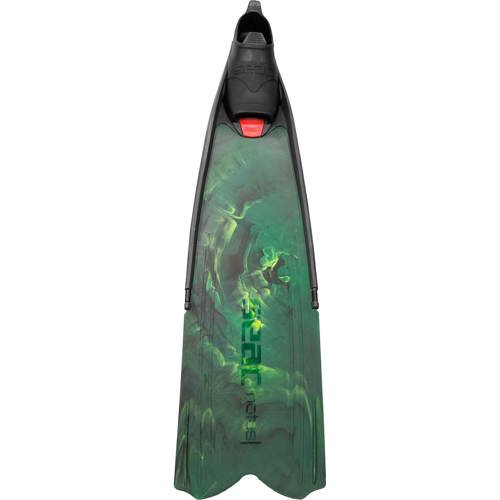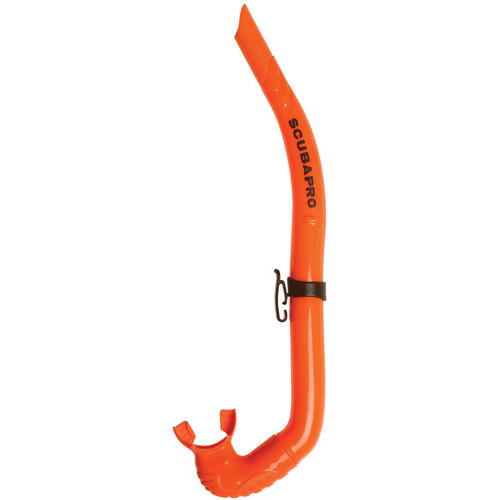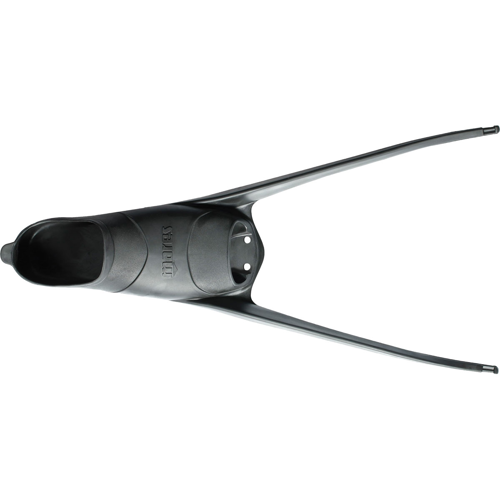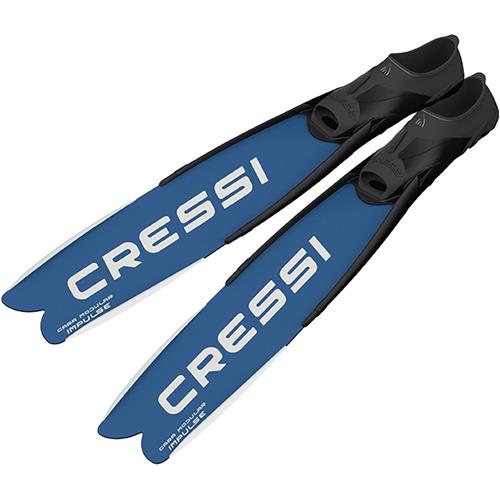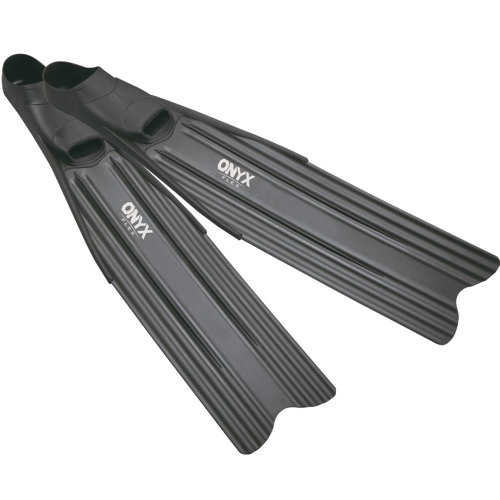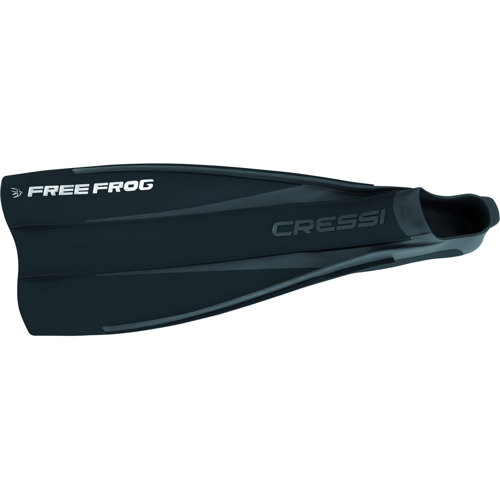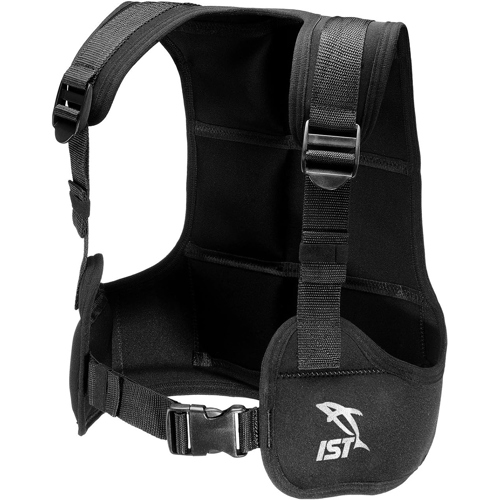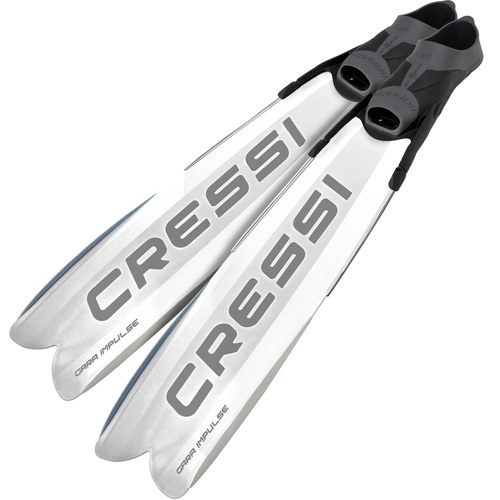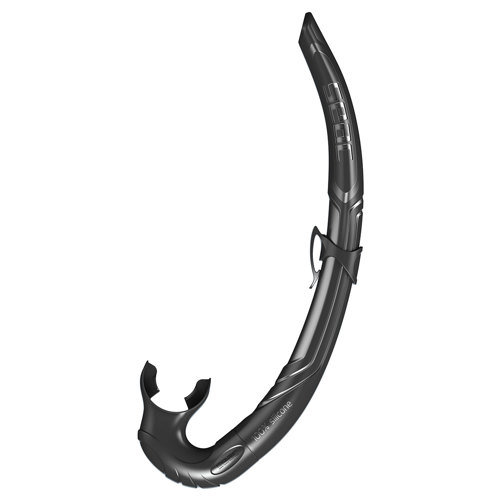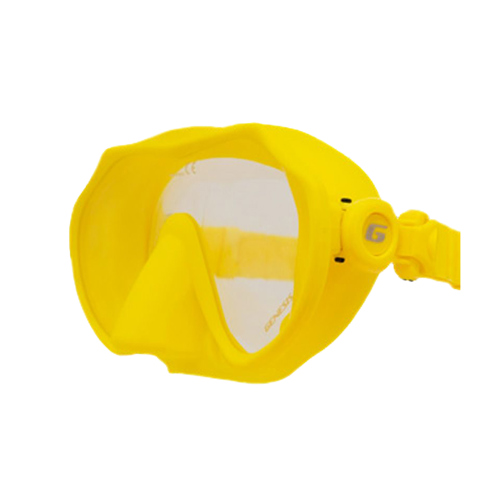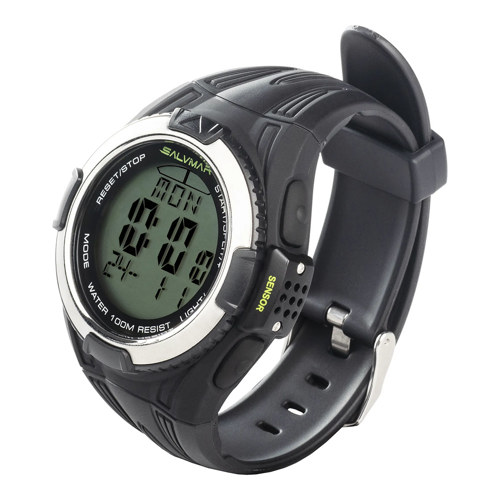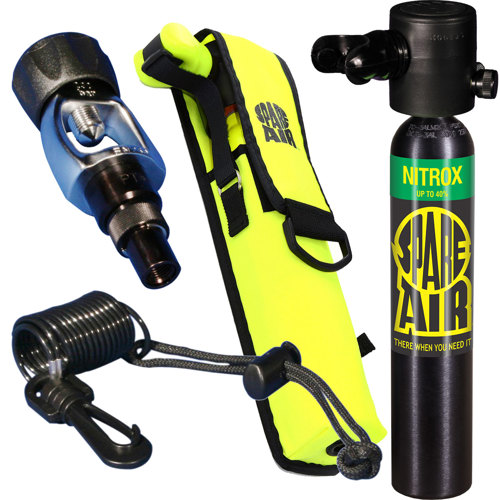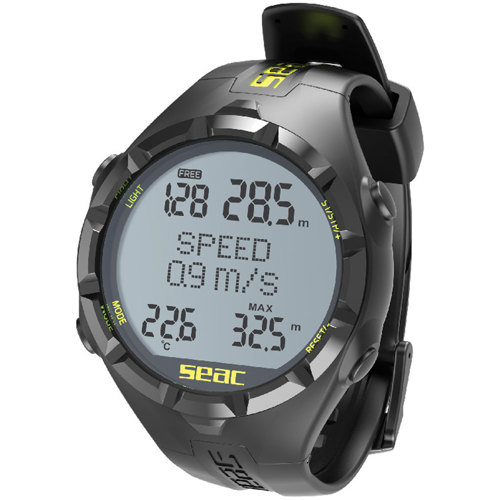Freediving is a pursuit that demands not only physical discipline and mental focus but also a thoughtful approach to equipment. The ocean, lake, or even the pool environment can be unpredictable, and seasoned freedivers know that having the right backup gear is essential for both safety and uninterrupted enjoyment. Whether you’re training for a competition, exploring a new dive site, or simply spending a lazy summer afternoon in the water, backup equipment can make the difference between a minor hiccup and a cut-short session. A well-packed dive bag often includes a spare mask, especially since fogging or leaking can happen at the most inconvenient times. The sensation of a mask strap snapping just as you’re about to slip beneath the surface is all too familiar for many divers, and a backup mask ensures that the adventure continues. Similarly, a secondary snorkel is a wise addition, particularly for those long surface swims or when the primary snorkel’s mouthpiece begins to show signs of wear. Fins, while robust, are not immune to cracked foot pockets or broken blades; a backup set, or even just spare blades or straps, can be a lifesaver, especially on remote trips where replacements are not easily sourced.
Safety gear is another cornerstone of the freediver’s backup kit. A lanyard, which tethers the diver to a float line, is indispensable for deep dives, and having a backup ensures that even if a clip fails or a cord frays, you’re not left without this critical connection. Surface marker buoys (SMBs) serve as both a relaxation station and a highly visible beacon for safety, and carrying a backup can be particularly important when diving in busy areas or during group training sessions. Adjusting buoyancy is a subtle art in freediving, and the loss of a weight, whether from a loose belt or a quick-release gone awry, can disrupt your equilibrium. Spare weights, tucked into your kit, allow you to fine-tune your setup or recover from unexpected losses. Smaller items like nose clips, earplugs, and gloves might seem inconsequential until one goes missing or is damaged—having extras on hand can save the day, especially on multi-day trips or when sharing gear with friends. Even practical accessories like carabiners for attaching gear to buoys, or a fast-drying microfiber towel for post-dive comfort, can elevate your experience and keep you prepared for whatever the water brings.
Gifting backup freediving gear is a thoughtful gesture for both beginners and experienced divers. For the newcomer, receiving a backup mask or snorkel can instill confidence and encourage good habits from the start. For the seasoned diver, high-quality spares or specialized accessories show an understanding of the sport’s nuances and the diver’s personal needs. The summer months, with their longer days and warmer waters, are prime time for spontaneous dives and travel, making compact and lightweight backup gear especially valuable. When selecting backup equipment, consider where and how you’ll be diving—ocean conditions, pool training, and travel logistics all play a role in what you’ll need. Durability, ease of packing, and compatibility with your primary gear are key factors to weigh. For a comprehensive look at options that can round out your freediving kit, explore our curated selection of
Backup Diving Accessories to ensure you’re ready for any situation, whether you’re diving solo, with a buddy, or as part of a group. Having reliable backup gear isn’t just about preparation—it’s about peace of mind, allowing you to focus on the freedom and beauty of the underwater world.
Top Picks For Backup Gear For Freediving

